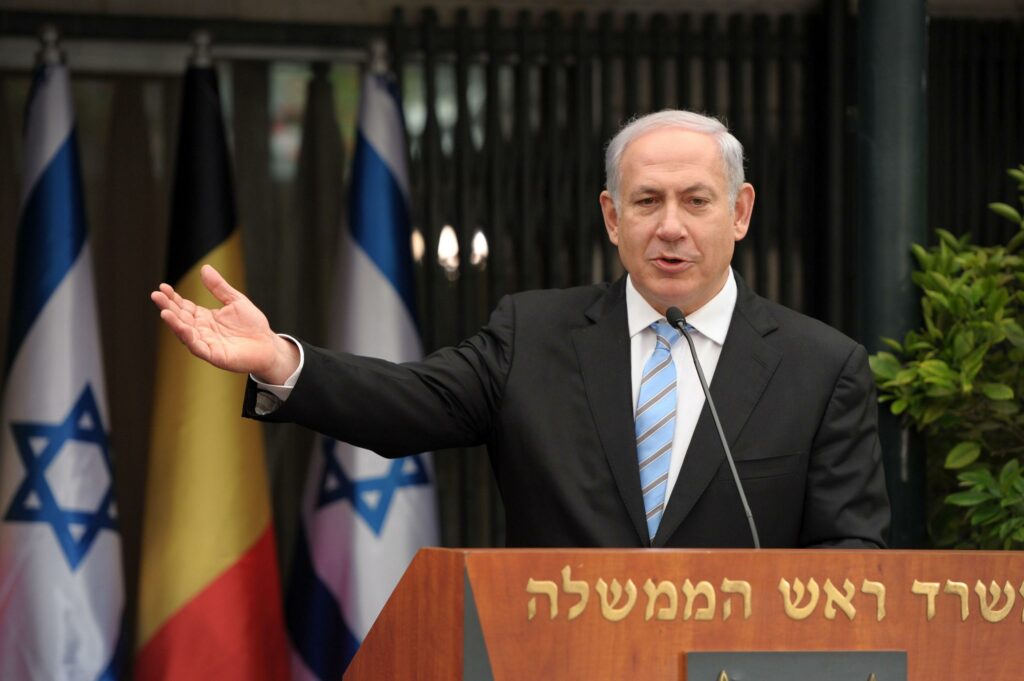Israeli Prime Minister Benjamin Netanyahu's office confirmed a ceasefire agreement was reached on Friday morning. The country's security cabinet gave it the green light later in the day.
The Israeli security cabinet met on Friday and has now recommended approving the agreement, Reuters reported. According to reports from the Jerusalem Post, representatives from Hamas, the United States, Qatar, and Israel signed the agreement, which includes an exchange of hostages and prisoners and a ceasefire in Gaza.
"After examining all the political, security and humanitarian aspects of the proposed agreement and considering that it supports the achievement of the war aims, the security cabinet recommended that the government approve this draft," a statement from Netanyahu's Office read.
A full cabinet meeting with all ministers is due to take place later on Friday.
What does the agreement entail?
The six-week first phase of the three-stage deal, includes "a total ceasefire", according to outgoing US President Joe Biden. This would bring a pause to the 15-month war.
In this period, Hamas – classified as a terrorist organisation by the EU – will release 33 Israeli hostages, including all women (soldiers and civilians), children, and men over 50. They were abducted during the large-scale Hamas terrorist attack on 7 October 2023.
Israel, for its part, will release hundreds of Palestinian prisoners and is expected to withdraw from densely populated areas. This phase should also include an increase in humanitarian aid.
The second phase would see the release of the last hostages, before the third and final phase devoted to the reconstruction of Gaza and the return of the bodies of the hostages who died in captivity, Belga News Agency reported. However, the exact terms of the second phase will be negotiated in the coming six weeks.
A definitive end to the war will be on the table, according to the Prime Minister of Qatar, Mohammed ben Abdelrahman Al-Thani.
The aim is for the agreement to be implemented on Sunday with the release of the first hostages and prisoners.
Delayed deal
The agreement was announced on Wednesday by mediators from Qatar and the United States. However, in the hours following the announcement, Netanyahu's office accused Hamas of reneging on key points of the agreement to extort last-minute concessions. This sparked fears that last-minute disagreements could scuttle the agreement.
The agreement still has to be validated by a vote in the Israeli Council of Ministers. Netanyahu seems certain to win this vote despite the opposition of his far-right partners to the agreement.
National Security Minister Itamar Ben-Gvir from the far-right has threatened to leave the government coalition if the deal is accepted. In this case, Netanyahu could lose his parliamentary majority.

